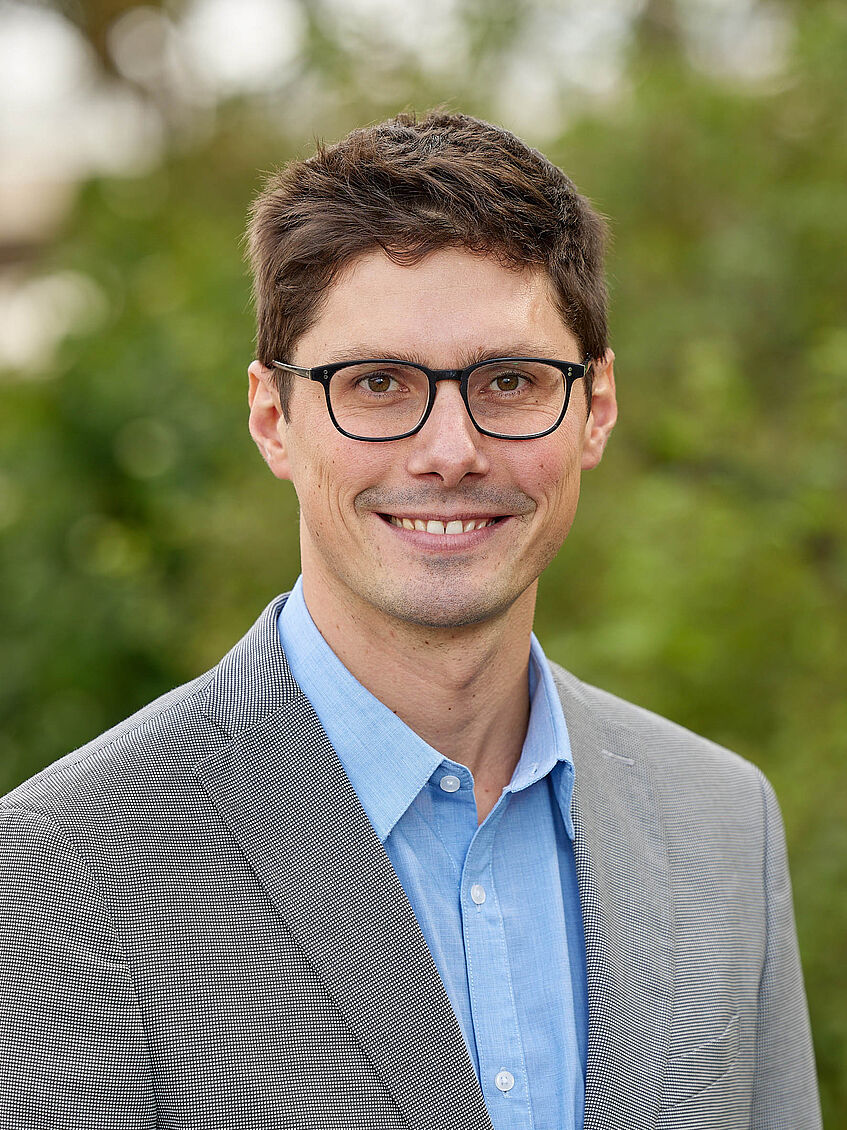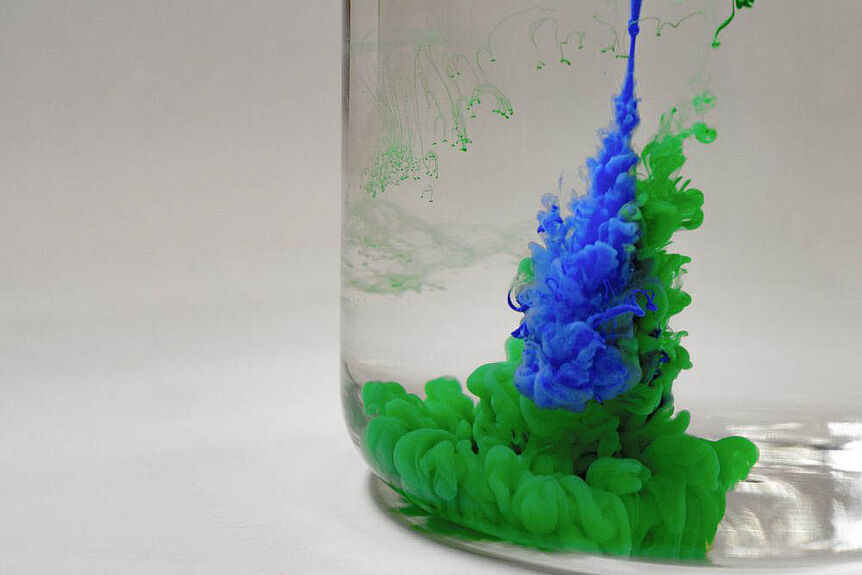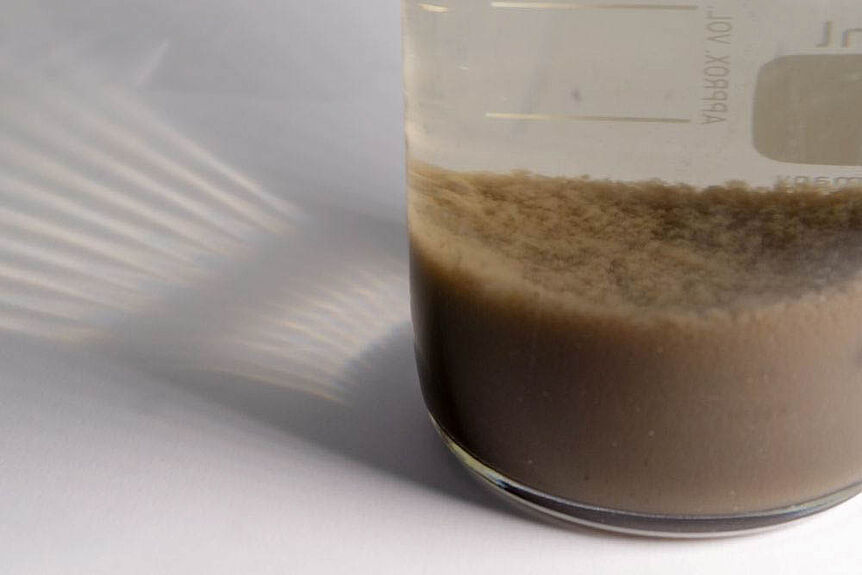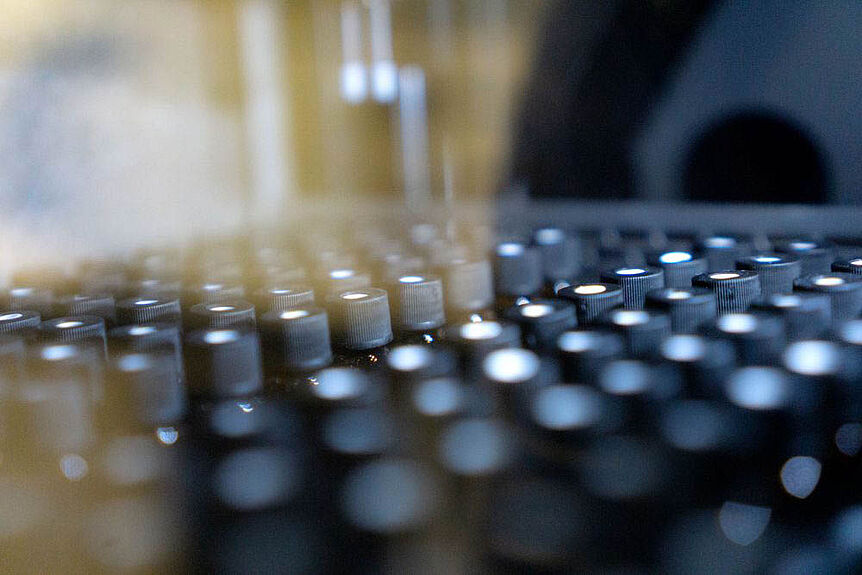Assoc.-Prof. Dr. Michael Zumstein

Associate Professor for Biotransformation
☎ +43 1 4277 53372
✉ michael.zumstein@univie.ac.at
⚲ Josef-Holaubek-Platz 2 (UZA II), Room 2C477, 1090 Vienna
Michael Zumstein’s group investigates the biotransformation and biodegradation of anthropogenic organic chemicals in natural and engineered environments. The group combines techniques from environmental analytical chemistry and molecular biology to obtain a fundamental understanding of the activity, specificity, and identity of enzymes involved in these processes.
Regarding classes of chemicals, the current research focus is on polymers that are important for home and personal care, as well as on biomolecules (and derivatives thereof) that are promising alternatives to conventional pharmaceuticals and pesticides. Michael has received an Ambizione Fellowship from the Swiss National Science Foundation (SNSF) to investigate the biotransformation of peptide-based antibiotics in wastewater systems. He leads a research cooperation between the University of Vienna and BASF SE on the biodegradation of water-soluble polymers. The process-level insights obtained through the group’s research inform the development of biodegradable chemicals.




